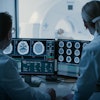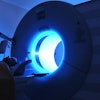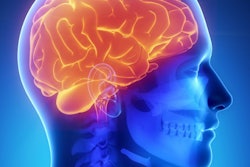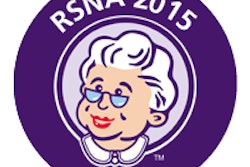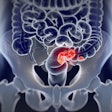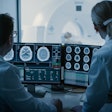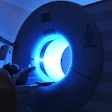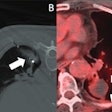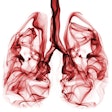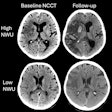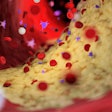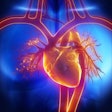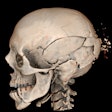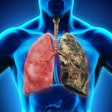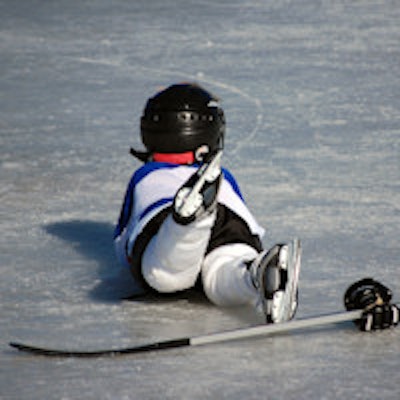
Most CT and MRI scans performed on children with sports-related concussion are normal, but imaging -- and in particular MRI -- can play a role in determining whether kids are able to return to sporting activities, according to a Canadian study published online June 2 in the Journal of Neurosurgery: Pediatrics.
Researchers from Manitoba performed a retrospective review of cases of pediatric patients ages 5 to 19 years who received CT or MRI scans after a diagnosis of sports-related concussion (J Neurosurg Pediatr, June 2, 2015). They wanted to assess the outcomes of these imaging studies and analyze the impact of the scans on patient management.
The study population consisted of 151 patients seen at Pan Am Clinic in Winnipeg in 2013 and 2014; 65 patients were male and 86 were female, with a mean age of 14.3 years. All had received a diagnosis of sports-related concussion by a neurosurgeon.
Twenty-four patients received CT imaging and 16 patients underwent MRI exams. The researchers found that the CT scans were normal in 79% of cases (19 of 24), while MRI scans were normal in 75% of cases (12 of 16). MRI detected signs of hemorrhagic and nonhemorrhagic traumatic lesions that prompted physicians to advise that the patients not return to contact sports, highlighting the need to consider MRI in certain cases.
In discussing the results, the researchers noted that most position statements from national and international organizations state that neuroimaging studies yield normal findings in the vast majority of patients with sports-related concussion. But no clinical studies have reviewed neuroimaging findings in pediatric patients with concussion.
Based on the findings, the researchers advise that CT only be used in the emergency setting to rule out intracranial hemorrhage in acutely injured patients with appropriate clinical signs and symptoms. CT in particular should be avoided outside the emergency department in pediatric patients due to its radiation burden.
MRI does not expose patients to radiation like CT does, but the authors urged caution in using MRI for children and adolescents with sports-related concussion. They advise that the modality be considered for those with "focal neurological deficits, worrisome symptoms, or abnormal or inconclusive CT findings."
The researchers concluded by noting that better clinical practice guidelines are needed to guide clinical decision-making for pediatric patients with sport-related concussion who have traumatic lesions on imaging. They recommend that a future study be conducted to address the issue and to develop standardized MRI protocols for concussion imaging.

